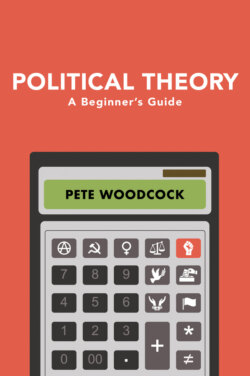Читать книгу Political Theory - Pete Woodcock - Страница 23
Methodology
ОглавлениеSome methodological liberties have been taken with the contents of this book in an attempt to make it accessible and user friendly. One criticism that can easily be levelled at the chapter structure above is that I am taking thinkers from different societies, in different ages, responding to different political events, and moulding them together as if they were discussing the same political issues when they clearly were not. The history of political thought then becomes a dinner party with the various thinkers talking to one another, which is, of course, highly anachronistic. The only marginal defence I can make of my position here is that, in a number of the debates, people were responding to near contemporaries. John Locke was responding to Hobbes, Aristotle to Plato, Paine to Burke, Wollstonecraft to Rousseau and Nozick to Rawls. Rousseau was addressing Hobbes, although there was a century between them, and Nietzsche was addressing Socrates from the distance of well over a millennium. The convenience of structuring the book in this manner to use as an introductory text does, I hope, partially absolve any methodological qualms the reader may have.
Also, the book does focus on what might be referred to as the received canon of texts. Of course, these canonical texts are only elevated amongst others as we continually address them as such; we teach those texts that we have been taught ourselves and so the canon is perpetuated. Again, my only defence against this charge is that as this book is intended to provide an introduction to beginners to political theory it is best to focus our attention on those texts considered central to understanding the discipline. Readers might do well to reflect upon why dead, white, European males dominate this canon and challenge this.
